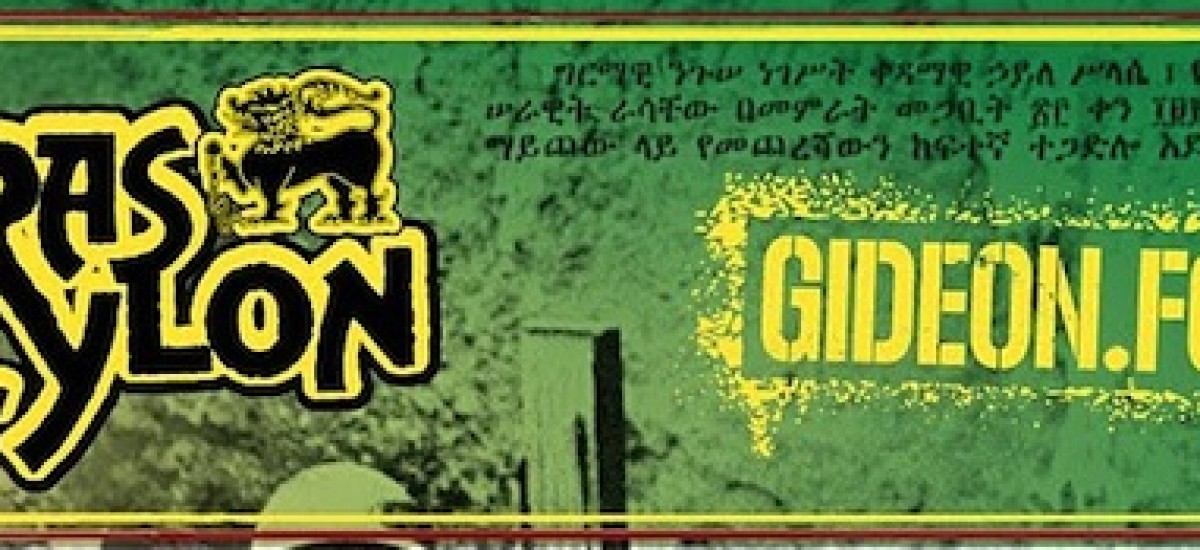A retweet this morning from Ras Ceylon alerted us to the fact that he was following our feed. We first read about Ras Ceylon on Sepia Mutiny, interviewed by the inimitable Tanzila Ahmed (aka Tazzy Star). Reading it, we were reminded of Brown Boogie Nation, a group that did an anti-war rap video years ago, which to our knowledge is the first to have been produced in Sri Lanka.
Produced by Young Asia Television, ‘Lions and Tigers’ was aimed at youth but didn’t get too much of airtime outside of YATV’s own shows. The most popular music videos during the war were clearly directed at an audience outside the North and East, a trend that continues after the end of war. For example, the imagery, themes and expression used in ‘Sri Lanka Maatha’ sung by the extremely popular Sinhala pop duo Bathiya And Santhush stands in stark contrast to Lions and Tigers.
The YouTube statistics tell their own story. There are many copies of the Bhatiya and Santush song on YouTube, but this one alone has been viewed around 3 times more than Lions and Tigers, which has been on YouTube for far longer. It reflects a pop culture in Sri Lanka that rode a wave of patriotic fervour, with the production of songs and a culture of popular dissent not just commercially unviable, but downright dangerous.
Ras Ceylon’s Heal Lanka is aimed at a country post-war but not post-violence. Ras, born and brought up in the US, enjoys a space and freedom to create songs of this nature few still have inside Sri Lanka. M.I.A, for example, is supremely ill-informed about Sri Lanka, but is that reason enough to not play any of her music on public and private radio (even though MIA’s music, which was prominently featured in Slumdog Millionaire, was quite ok)? Will Gideon Force Vol 1, the new album by Ras Ceylon, face a different reception? And what of other artistes from the Sri Lankan diaspora – how can and should we engage with their creative output? Can such media help with in-country processes of healing, truth telling, accountability and reconciliation?
Ras sent us the link to a song from his new album via a tweet, and we are very pleased to feature it first on Groundviews in the hope it and other songs from the album get some airplay.
As Ras notes,
“After a brutal 30 year ethnic conflict has ended recently in Sri Lanka, the real work of healing the island begins. While the LTTE have been militarily defeated by the SL Govt. there is still much to be done to address the legitimate concerns of the Tamil people of Lanka. Ras Ceylon is an American born Sinhalese that recognizes that both sides of the war, starting with the SL Govt should begin a process of reconciliation and this song is an attempt to start a new objective dialogue for peace, through justice and unity.”


